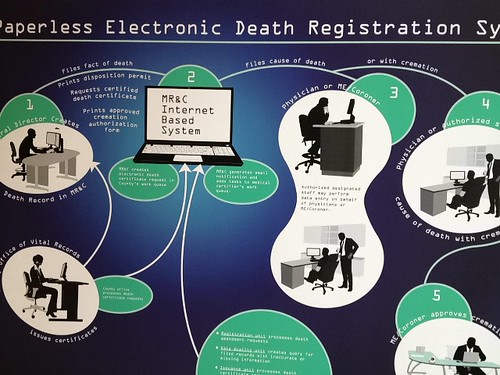Should we enable the following conversation between any website and your web browser (e.g. Safari, Internet Explorer, Firefox, Chrome)?
Your web browser: "Hello website potentiallyInteresting.com."
Website: "Hello web browser."
Your web browser: "Dear Website, please do not track who I am. Do not even try to remember that I came to visit you."
Website: "You mean you don't want me to track you even if though you did not switch on all your privacy controls such as switching off acceptance of 'cookie' files?"
Your web browser: "That's right. You are an upstanding website and when I say to you 'DNT:1" that means that I don't want you to track me. That's what the user who controls me wants."
Website: "I certainly am upstanding and I respect your statement of the user's wishes. Consider this whole visit forgotten."
Your web browser: "Thanks for your understanding."
Website: "Do I know you?"
It turns out that there is a great deal of controversy about these five characters: DNT:1. On the one side are the user advocates who argue that websites should honor the do not track directive. One the other side are the companies who fund large parts of the web infrastructure because of the advertising revenues (~70 billion) that are generated by being able to track the traffic of users across their Internet properties. These companies now wonder where their investments will go if few users allow their websites to track them. Their concerns are not misplaced. After all, how many of us would choose to keep commercial breaks on broadcast television if all we had to do is to flip a switch? Of course, those same companies could choose to have the following alternative ending to the above conversation:
Website: "I certainly am upstanding and I respect your statement of the user's wishes. But we have to pay the bills. If you will not allow tracking, I just cannot show you my contents. Sorry."
Your web browser: "OK then. I'll let my user know that she has to allow tracking if she wants to see your contents."
Website: "I will be waiting. But don't expect me to recognize you."
Ultimately, the debate is going to turn on the valuation that the public places on its autonomy and privacy relative to the broadest access to web content. For those of us in the arts, sciences or businesses of curation of the various forms of knowledge and data, the outcome of this multi-billion dollar debate will affect our work for decades to come.
Hat tip: Ben Adida
